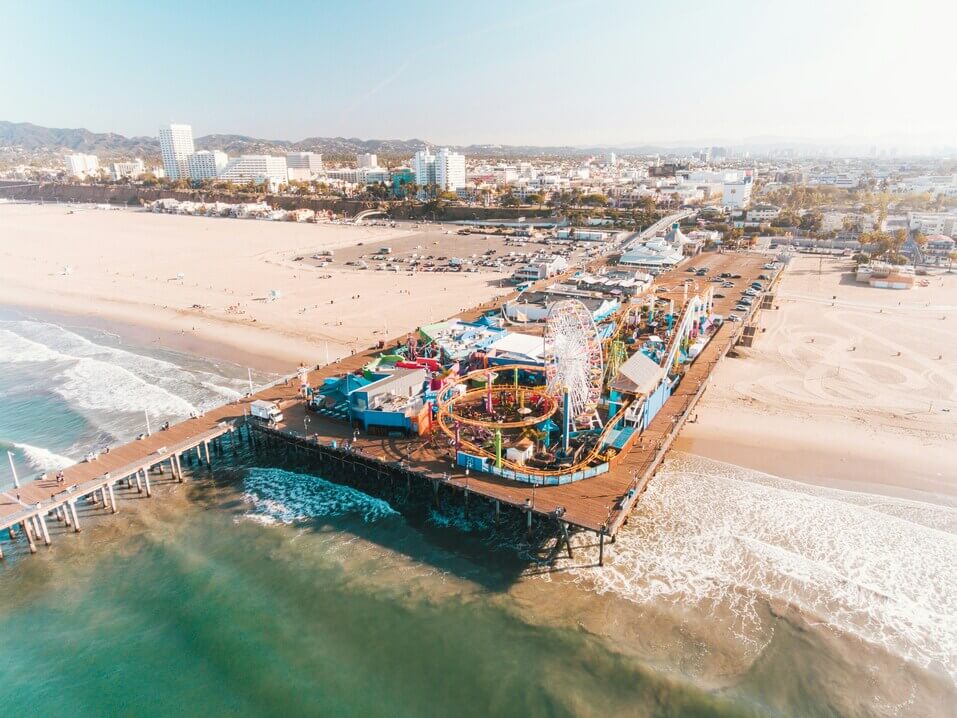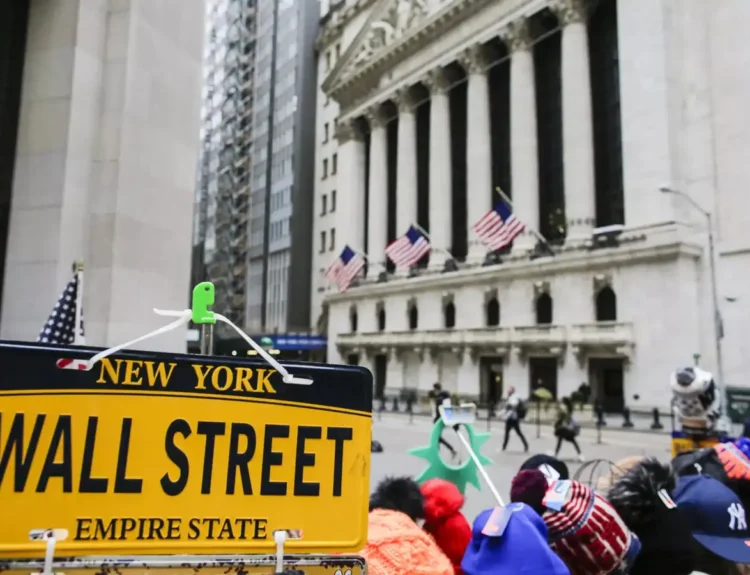With franchises like The Hunger Games and John Wich, many have wondered who owns Lionsgate Entertainment. Who stands behind these masterpieces?
Lionsgate Entertainment captivates worldwide audiences with its diverse slate of content. If you’ve watched The Hunger Games or the John Wich franchise, then congrats, you have already encountered Lionsgate Entertainment.
Their library is one of the world’s largest and boasts iconic films and shows that have left a lasting impression on pop culture.
What Type of Company is Lionsgate Entertainment?
Lionsgate is a Canadian-American international mass media and entertainment company. The company encompasses film and television studios, a subscription platform, and location-based entertainment.
Lionsgate owns a vast library of content, including popular franchises and films like The Hunger Games, The Twilight Saga: Breaking Dawn, La La Land, Now You See Me, and many more hits.
While Lionsgate is currently headquartered in Santa Monica, California, it was originally founded in Vancouver, Canada. However, who owns Lionsgate Entertainment is a bit more complex to explain.

Lionsgate Entertainment has One of the World’s Largest and Most Valuable Libraries
Lionsgate boasts one of the world’s largest and most valuable film and television libraries, with over 20,000 titles. In fiscal 2023, it achieved a record trailing 12-month revenue of $884 million, marking its two best revenue quarters ever.
The studio’s library is increasingly diversified, with approximately 20% of its revenue derived from “long tail” properties beyond the top 500 titles. Continuously expanding, the library grows through organic replenishment and strategic acquisitions, such as the 2022 purchase of the Spyglass Media Group library and the December 2023 acquisition of eOne.
It also represents third-party content, including films like the Quentin Tarantino classics Kill Bill Vols. I & II and Jackie Brown, and collaborations with companies like STX Entertainment.
Moreover, the Lionsgate Worldwide Television Distribution Group distributes current properties from the studio’s Motion Picture and Television Groups. Along with select STARZ original series, to over 250 clients across SVOD, AVOD, linear, and free TV platforms.
The Ownership Summary
Lionsgate Entertainment isn’t your typical Hollywood studio. Unlike some of its counterparts that are owned by media giants, Lionsgate operates as a public company. This means that instead of belonging to a single entity, Lionsgate’s ownership is divided amongst a multitude of investors.
Public companies like Lionsgate function by selling shares of their stock on stock exchanges. These shares represent a fraction of the company’s overall ownership.
Investors, both individual and institutional, can purchase these shares, essentially becoming part-owners of Lionsgate. The value of these shares fluctuates based on the company’s performance, making Lionsgate’s ownership a dynamic landscape.

Who Owns Lionsgate Entertainment Shares?
Lions Gate Entertainment has attracted the attention of 5 institutional owners and shareholders who have submitted 13D/G or 13F forms to the Securities Exchange Commission (SEC). Among the largest shareholders are Simplex Trading, LLC, Jane Street Group, LLC, Group One Trading, L.P., and Huntington National Bank.
The institutional ownership structure of Lions Gate Entertainment reflects the current holdings and recent changes in position size by various institutions and funds. Significant shareholders may include individual investors, mutual funds, hedge funds, or other institutions.
The filing of Schedule 13D indicates an ownership stake exceeding 5% intending to actively influence the company’s strategy, while Schedule 13G signifies a passive investment surpassing 5%.
As of April 2024, the share price stands at around $10.76. Comparatively, on April 2023, the share price was recorded at around $10.86, reflecting a decrease of 0.92% over the intervening period.
In essence, Lionsgate’s ownership is dispersed among various individual and institutional investors who hold stakes through the company’s stocks traded on the New York Stock Exchange.
Who is the Founder of Lionsgate Entertainment?
While the current ownership of Lionsgate is a complex web of public shareholders, it’s important to talk about the individual who started it all. Lionsgate wasn’t always the roaring entertainment giant it is today.
Back in 1997, a Canadian financier named Frank Giustra envisioned a new force in the industry. With his vision and business acumen, Giustra laid the foundation for what would become Lionsgate Entertainment.
Want to be the next Frank Giustra with your business? Then take a look online at some of the best business blogs that will help guide you through business obstacles. And who knows, maybe one day, you will be the founder of a great company like Lionsgate!
Giustra’s entrepreneurial spirit and strategic investments played a pivotal role in the company’s early years. He guided Lionsgate through its formative stages, shaping its initial direction and paving the way for its future success.
Even though Lionsgate has since transformed into a publicly traded company with a dispersed ownership structure, Giustra’s legacy remains. He is recognized as the visionary who ignited the spark that led to Lionsgate’s rise in the entertainment world.

The Future of Ownership: Will Lionsgate Remain Independent?
Now that we’ve covered who owns Lionsgate Entertainment and who is the founder of this company, let’s see what might happen to this company in the future.
The current ownership structure of Lionsgate, with a dispersed group of investors, presents a unique situation. While it grants a level of autonomy, the entertainment landscape is constantly shifting.
In addition to other determinants, Lionsgate’s destiny in ownership could be affected by more. This is because large media companies with lots of money are vying for market dominance and this poses a takeover risk for the company. Lionsgate could, on the other hand, decide to merge with a different company to benefit from better resources and distribution channels.
Summing it all, Lionsgate’s strong financial performance and the valuable content library could make them an attractive target for acquisition.
However, remaining independent also holds advantages. Lionsgate has carved out a niche for itself, producing successful films and shows that resonate with specific audiences.
Maintaining control allows them to continue pursuing this path and fostering their unique creative identity. Their current structure allows for a certain agility in decision-making, which can be beneficial in a fast-paced industry.
Ultimately, the future of Lionsgate’s ownership will depend on various factors, including its financial performance, strategic decisions, and the overall industry landscape. Whether they choose to remain independent or explore new partnerships, their focus will undoubtedly remain on creating captivating content and staying at the forefront of entertainment.










